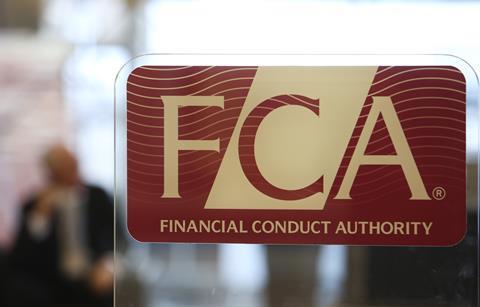A few years ago my flight from Amsterdam to London was delayed. Schiphol Airport has its charms, but it’s fair to say they were exhausted after seven hours of waiting in the terminal.
My case merited compensation, and after writing for this publication for some years I knew how to get it. But still, even as an informed consumer, I went through a claims firm to get money back – swallowing the 25% cut they were taking.
Of course I knew I could do it myself, but frankly I didn’t want to. The prospect of haggling with airlines, checking if I was being short-changed and filling out the paperwork didn’t appeal, so I let the lawyers do the work, knowing full well they would pocket some of my money. It was in the account within weeks.
It’s a dilemma thousands if not millions of people will face in the coming years, if they bought a car on finance from 2007 to 2020. The Supreme Court judged in August that some (though not all) consumers are eligible for compensation because they were treated unfairly by lenders during the car-buying process.
There is no shortage of claims management companies and law firms putting themselves forward to run compensation claims, some seemingly over-stating the amounts they can secure for clients.

The Financial Conduct Authority, meanwhile, appears hell-bent on making sure consumers don’t engage with lawyers, announcing last week it will spend £1m on a marketing campaign over the coming months urging people not to sign up with any CMC or law firm.
Essentially, the FCA message is ‘you can trust us to look after your best interests’. This despite there being no details of the much-vaunted compensation scheme being drawn up which in theory should make lawyers superfluous to the process.
It is a leap of faith for consumers to throw their lot in with a scheme which doesn’t exist yet. So too is having confidence in a regulator to look after your best interests, when the whole scandal happened when that same regulator was supposed to be preventing such harms in the first place.
There are legitimate and fully-regulated law firms offering to do this work (not least the one who helped expose this scandal through the Supreme Court). They are under an obligation to tell clients there are other redress options, and to keep them informed about the costs that will be incurred.
If those duties are breached, the SRA (for law firms) or the FCA (for CMCs) will step in. So is it the role of a regulator to effectively urge consumers not to seek legal advice? The FCA exists to protect consumer interests, not to curtail the free market. This is a curiously legal issue: no regulator is telling consumers they don’t need accountants, or mechanics, or surgeons, for example.
The suggestion that lawyers could be sidelined while someone else looks out for victims’ interests is creeping into the wider narrative. The Ministry of Justice created the portal for low-value whiplash claims partly on the basis that the system would support injured people, not law firms. That roughly nine in ten consumers still want a lawyer is instructive.
After scandals such as Windrush and the Post Office, the government has created compensation schemes that encourage (sometimes explicitly) people to trust the very same institutions that wronged them in the first place. In these cases, the involvement of lawyers – even with the fees that this entails – is still a necessity.
It may well be that the FCA can ensure that consumers get a fair deal without the need for a legal representative by their side. There is no harm in letting people know they can access this scheme for free. But if people want the reassurance that someone else is looking out for their interests – or even just want someone to fill in the forms – they shouldn’t be discouraged from calling a lawyer.




































2 Readers' comments